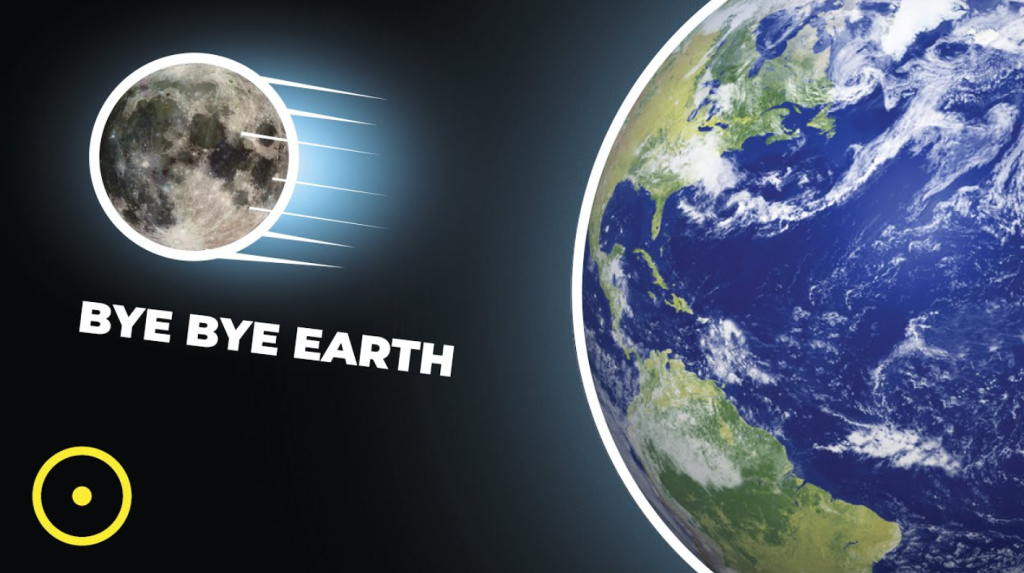The moon, while often admired for its beauty in the night sky, plays an incredibly important role in maintaining the stability of life on Earth. Without it, our planet would be in serious trouble, from wild shifts in climate to disruptions in ecosystems. Let’s explore why the moon is so vital to our everyday lives and what could happen if it were to disappear.

Tides and Ocean Ecosystems
One of the most obvious effects of the moon is the gravitational pull it exerts on Earth’s oceans, creating tides. These tides are crucial for marine life, as they help regulate the movement of water, bringing nutrients to shore and allowing ecosystems to thrive. Without the moon, tides would become far less dramatic, disrupting the natural currents and affecting marine life. Tiny organisms like plankton, which rely on tides, would face challenges, and larger creatures, like whales, would struggle with altered feeding and migration patterns.
Stabilizing Earth’s Tilt
Another critical function of the moon is stabilizing Earth’s axial tilt. Earth’s tilt affects the planet’s seasons and climate, and without the moon, this tilt could shift wildly, swinging between 0 and 85 degrees. Such drastic shifts would lead to extreme climate variations, including long ice ages and intense heat waves. This instability would drastically alter ecosystems and impact agriculture, creating unpredictable weather and making it difficult for both humans and wildlife to adapt.
Impact on Day and Night
The moon also plays a role in the daily rhythms of life. Without it, Earth would experience pitch-black nights, no longer illuminated by the moon’s soft glow. While light pollution would still affect some areas, a world without the moon’s natural nightlight would be an unsettling change. Furthermore, Earth’s rotation would begin to wobble. The moon’s gravitational pull helps to stabilize Earth’s rotation, and without it, our planet would experience shifts in its spin, further disrupting seasons and weather patterns.
Long-Term Effects on Life
As the moon continues to move slowly away from Earth (about 3.8 cm per year), its influence on our planet will diminish. Over billions of years, this gradual process will lengthen our days, possibly to 30 hours. This change, although imperceptible now, has played a key role in shaping Earth’s history. The moon’s gravitational pull has also contributed to events like the Great Oxidation Event, which increased Earth’s oxygen levels, allowing life to thrive.
In conclusion, the moon does far more than light up our night sky. It regulates tides, stabilizes Earth’s tilt, influences climate patterns, and helps maintain the conditions necessary for life. If Earth were to lose its lunar companion, the consequences would be catastrophic, affecting every aspect of life on our planet.